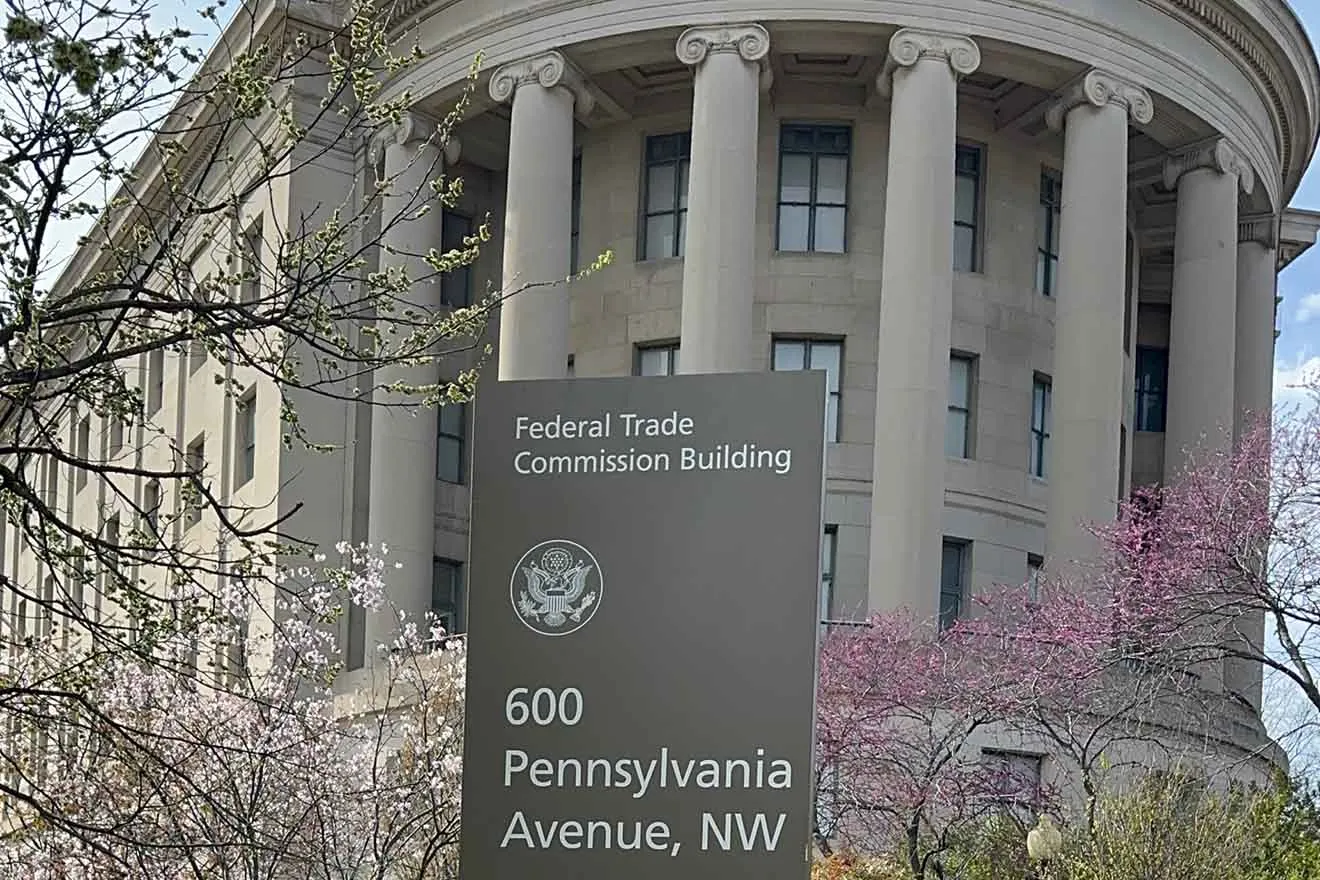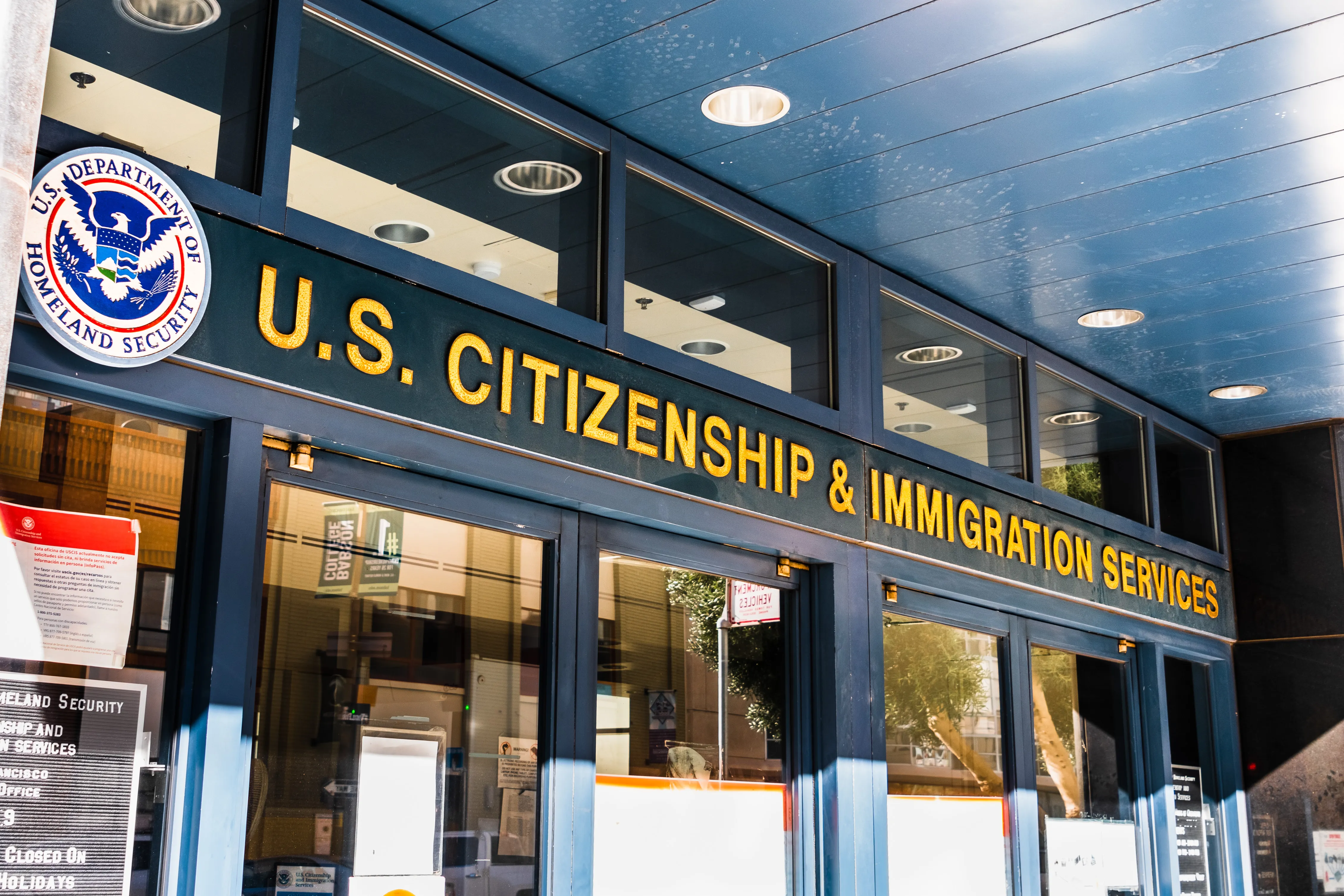
Colorado Senate committee advances bill paving way for Front Range rail service
Colorado Capitol Building Denver © iStock - kuosumo
(The Center Square) — Colorado lawmakers advanced a bill on this week that would pave the way for a high-speed rail line along the Front Range corridor.
If passed, Senate Bill 21-238 would establish the Front Range Passenger Rail District (FRPRD), a government agency that would work separately yet collaboratively from the Regional Transportation District (RTD) to maintain the new rail line.
The legislation is sponsored by Sens. Leroy Garcia, D-Pueblo, and Rachel Zenzinger, D-Arvada, and Reps. Daneya Esgar, D-Pueblo, and Matt Gray, D-Broomfield.
“Front Range Passenger Rail is a crucial opportunity for us to prioritize the long-term economic health of Southern Colorado,” Garcia said in a statement. “A high-speed train will connect Coloradans with new communities, and facilitate stronger investments in communities that have been overlooked.”
According to the bill, the new district would stretch counties stretching from Weld down to Pueblo. To pay for the operations, FRPRD would be allowed to ask taxpayers to impose a sales and use tax of up to 0.8%, collect fares and fees, and issue bonds.
Before the rail can be built, the bill proposes creating a Front Range Passenger Rail Board to study ways it can cohabitate with existing entities such as RTD, Amtrak, and freight lines.
Zenzinger describes the bill as a “smart solution” that will improve the lives of every Coloradan.
“With the White House proposing historic investments in the expansion of passenger rail, the timing of SB21-238 couldn’t be better,” she said in a statement.
The bill passed out of the Senate Transportation and Energy Committee on Tuesday by a 6-1 vote, with Sen. Ray Scott, R-Grand Junction, being the lone opposing vote.
Scott offered an amendment that would have required the rail line to be financially self-sufficient, but the committee voted it down.
“In 100 years, when we actually do build a rail line like this, we should actually think about what it’s going to cost,” Scott said during the committee hearing.

















